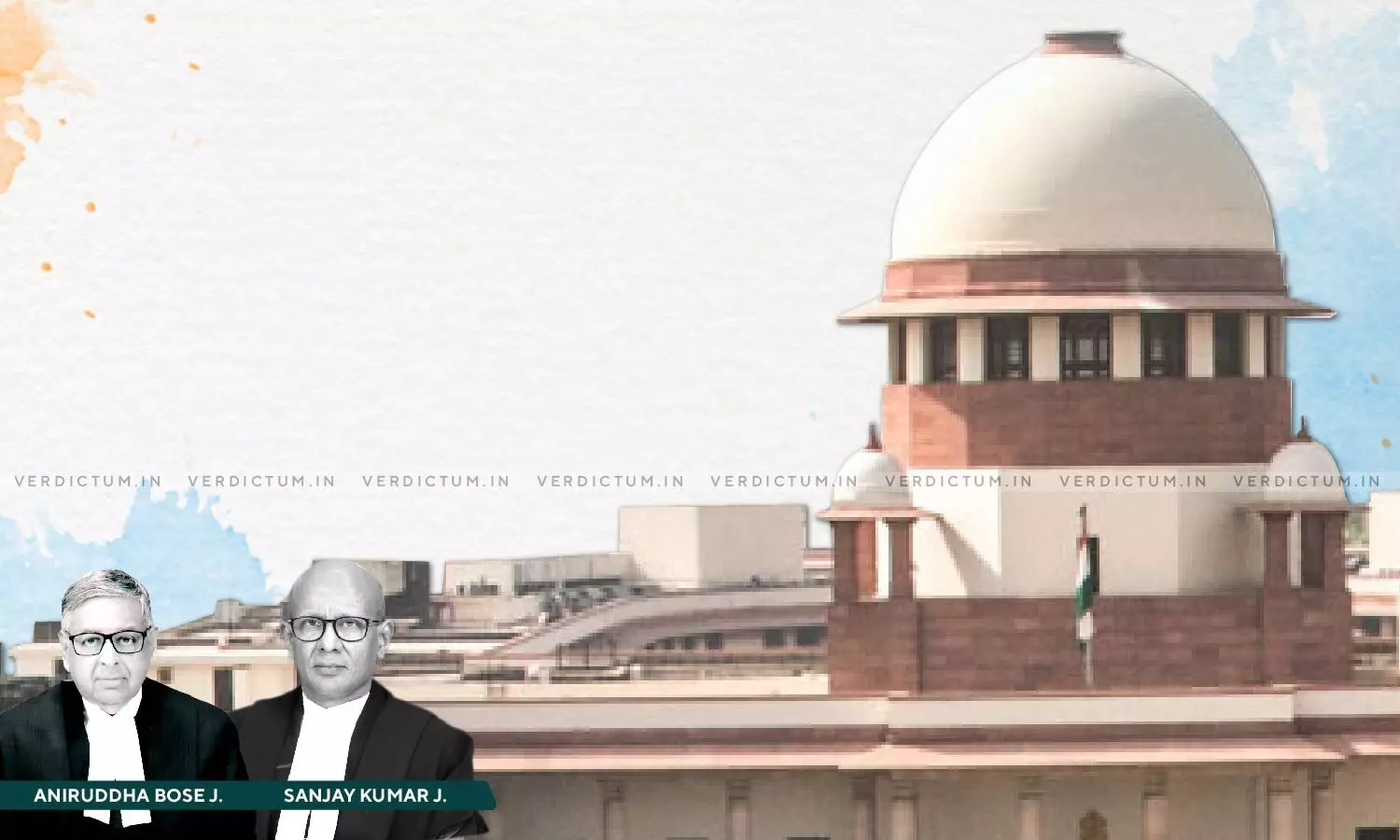
Section 83 Representation Of People Act | Defects In Election Petition Curable, Not Fatal: Supreme Court
 |
|The Supreme Court held that non-compliance with Section 83 of the Representation of the People Act, 1951 (Act of 1951) is not fatal and defects in an election petition that constitutes non-compliance are curable defects.
The parties had contested the election of the 15th Kerala Legislative Assembly. The appellant was declared elected having polled 992 votes more than the respondent. An Election Petition was filed by the respondent before the Kerala High Court under the Representation of the People Act, 1951 (the Act of 1951), to declare the election of the appellant as void and, in consequence, to declare him duly elected.
The appellant filed preliminary objections stating that copies of the documents served on the respondents in the election petition were not true copies and had not been attested, but the appellant did not substantiate this plea by producing a copy of the petition.
The Court examined whether the election petition filed against the appellant by the respondent was liable to be rejected.
Justice Aniruddha Bose and Justice Sanjay Kumar observed, “It is well settled that non-compliance with the requirements of Section 83 of the Act of 1951 is not fatal, as Section 86(1) thereof only speaks of non-compliance with Sections 81, 82 or 117 being the basis for dismissal of an election petition at the outset. Defects in an election petition that constitute non-compliance with Section 83 of the Act of 1951 have been held to be curable defects.”
AOR Romy Chacko represented the appellant, while AOR P. S. Sudheer appeared for the respondents.
The appellant had argued that the requirements of Rule 212 of the Rules of the High Court of Kerala, 1971 (Rules of 1971) must be imported into and combined with those prescribed by Section 81(3) of the Act of 1951, however, the Court rejected this contention.
The Court held that Rule 212 of the Rules of 1971 cannot be read into and be made part and parcel of Section 81(3) of the Act of 1951.
The Court explained, “When the statutory provision unequivocally stipulates as to what is required to be done to comply with the mandate thereof, it is not permissible in law to read something more into that provision.”
The Court held that the objections raised by the appellant against the maintainability of the election petition filed by the respondent had no merit and the order of the High Court warranted no interference.
Accordingly, the Supreme Court dismissed the appeal.
Cause Title: K. Babu v. M. Swaraj & Ors. (2024 INSC 103)
Appearance:
Appellant: AOR Romy Chacko
Respondents: AOR P. S. Sudheer, Advocates P. V. Dinesh, Anna Oommen, Rishi Maheshwari, Anne Mathew, Bharat Sood, Miranda Solaman, Kamal Kant